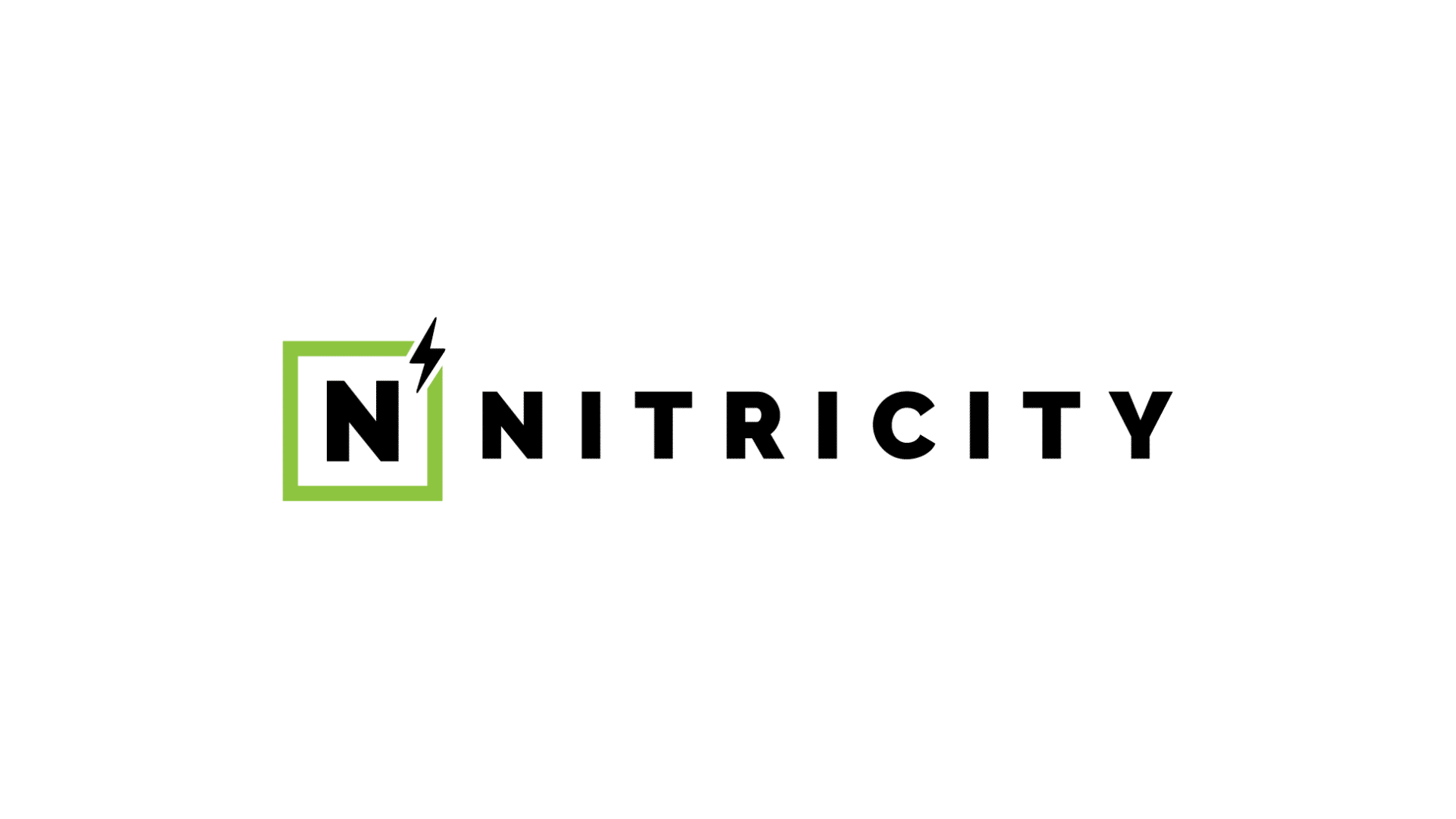Key Takeaways
- Nitricity closed a $50 million Series B funding round co-led by World Fund and Khosla Ventures.
- The company will break ground on its first-of-a-kind organic fertilizer plant in Delhi, California, scheduled to begin operations in 2026.
- Nitricity’s flagship product, Ash Tea, is made from almond shells, air, water, and renewable energy, offering farmers a pathogen-free, animal-free, and cost-competitive organic fertilizer.
- The new funding will support U.S. expansion, entry into Europe, 10+ key hires, and additional R&D.
- Nitricity has already secured offtake agreements through 2028, with its production pipeline exceeding $150 million.
Nitricity Secures $50M Series B Financing
Nitricity, a climate technology scale-up focused on electrifying nitrogen fertilizer production, announced it has raised $50 million in a Series B round. The investment comes just ahead of the groundbreaking of the company’s organic fertilizer facility in Delhi, California.
The round was co-led by World Fund, Europe’s leading climate venture capital investor, and Khosla Ventures, with additional participation from Chipotle’s Cultivate Next, Change Forces, Susquehanna Sustainable Investments, Energy Impact Partners (EIP), and Fine Structure Ventures, part of Fidelity Investments.
Organic Fertilizer Innovation: Ash Tea
Nitricity’s main product, Ash Tea, is a liquid organic fertilizer produced from recycled almond shells, renewable energy, air, and water. The fertilizer is cost-competitive with other organic options while being free of pathogens and animal byproducts.
Field trials have demonstrated yield increases of up to 30% and improved early plant growth. Every ounce of Ash Tea currently produced is pre-sold, reflecting strong market demand.
Unlike conventional nitrogen fertilizers made through the Haber-Bosch process—which accounts for about 5% of global greenhouse gas emissions—Ash Tea offers a lower-emission, farmer-friendly alternative. Its liquid form reduces maintenance issues in irrigation systems and allows for more efficient nitrogen utilization.
Scaling in the U.S. and Europe
The Series B funding will allow Nitricity to:
- Expand capacity in the Western U.S. to support organic farmers and fruit markets.
- Launch pilot programs and trials across Europe.
- Make 10+ strategic hires within its 38-person team, including its first European staff.
- Invest in R&D to improve efficiency and expand into crops such as corn and wheat.
Dr. Nicolas Pinkowski, co-founder and CEO of Nitricity, called the milestone an inflection point: “This is an inflection point for Nitricity. We’re scaling across the U.S. and we’re very excited to expand into Europe in a serious and assertive way. The European market for our organic fertilizer is even larger than in the U.S., and demand is only growing against a backdrop of governments looking to boost resilience and circular agriculture economies.”
Groundbreaking in California
Nitricity’s Delhi, California facility, scheduled to open in 2026, will increase production capacity 100-fold compared to current pilot operations. The facility is already fully contracted under binding offtake agreements with organic growers through 2028.
The project is supported by Elemental Impact and Trellis Climate and is expected to create more than 20 jobs in Merced County.
Curt Garner, President and Chief Strategy and Technology Officer at Chipotle, noted:
“Since our initial investment in 2023, we’ve seen continued innovation and believe the new facility and expanded team will enable Nitricity to scale their climate-smart technology and support growers globally.”
Investor Perspectives
World Fund highlighted the climate impact potential of Nitricity’s solution. Dr. Nadine Geiser, Principal at World Fund, said: “Our calculations show Nitricity’s price-competitive sustainable alternative provides an average 92% reduction in emissions. As the EU looks to meet sustainability and organic requirements, demand for Nitricity’s solution is only rising.”
Rajesh Swaminathan, Partner at Khosla Ventures, added: “Fertilizer production hasn’t changed in over a century. Nitricity is taking a fundamentally different approach with a modular system that turns almond shells, air, and water directly into organic fertilizer. Since investing in 2022, Nico and the team have made impressive progress.”
Outlook
Founded in 2018 by Stanford graduates Nicolas Pinkowski, Joshua McEnaney, and Jay Schwalbe, Nitricity has grown from a backyard experiment into a company with more than $150 million in its sales pipeline. With Series B funding secured, the company is positioned to expand its technology in the U.S., enter Europe, and advance the global transition to sustainable, low-carbon fertilizers.


